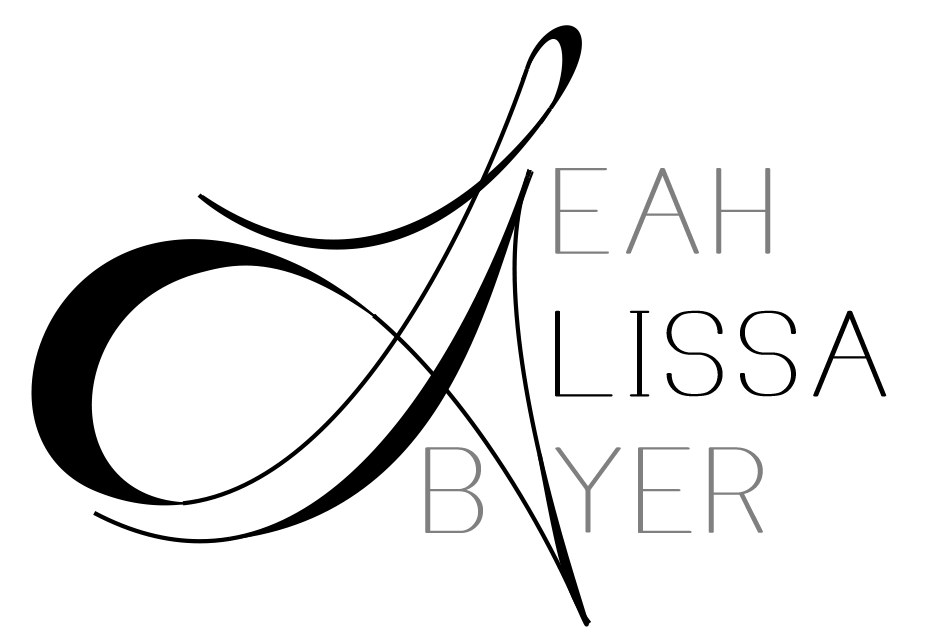Bridging Canyons - A Battle Between Generations & The "Push Back" Mentality
/The generational gap in architecture is not unique. Many industries are suffering from the disconnect - just look at all the Gen-X vs. Millennials media running rampant lately! But the valley between the two, old vs. new, is perhaps deeper in the architectural world because of the mass exodus of talent during the Great Recession of 2008, when many young architects left a dying industry, never to return again.
Things are different now, though. Business is booming again and firms are fighting each other to fill their empty desks with the perfect intermediate architects: young enough that they're brimming with fresh ideas and excel with the latest tech, and yet old enough to know how to design and detail a code-compliant, budget-friendly building. The ones that talk like the boss but walk with a skip in their step like the juniors.
You know, someone current partners feel confident handing their legacy to as their retirement fast approaches.
But there's bad news for everyone: those architects don't exist.
We've lost a decade of professionals and they're not ever coming back - so what do we do now? How can we survive the hand off of established practices to a flood of inexperienced emerging architects? Will we survive the transition or will the knowledge of the giants be lost in translation?
As one of the younger staff members of a small firm in the midst of such a transition I've watched the struggle for years. It's difficult, but the answer is pretty simple:
We build bridges by embracing our differences.
. . .
I often work one-on-one with a senior architect who has a long history of production, employed as a construction documents lead since she was in her twenties. This woman can detail a complicated building with a hand behind her back and rattle off code in her sleep. She's the go-to in our office for anything construction-related and I consider her a mentor.
But she's stubborn, aggressive, and conventional. Change is the devil - there's a certain way to do things that's all but set-in-stone. She is the perfect exemplum of the "old school".
Working with her has been hard at times. (Admittedly, for both of us.)
I'm far from traditional, often lost in conceptual thought, and have a strong background in the arts. I also have a tendency to push people, constantly asking 'why' like a child exploring a new world. I love challenging convention.
The difference between myself and some of my peers, though, is that I've spent many years practicing my listening skills: reserved, calm, steady. You have to if you insist on asking obnoxious questions all the time.
I've been witness to many battles between her and junior staff. It usually plays out like a parent trying to teach their child a valuable lesson using the "because I told you so" method. The kids act like rebellious, faultless superheros while the adult fails to explain the significance of their mistakes. Everyone ends up pissed off, missing out on big learning opportunities for both. While not solely because of these conflicts, a few of the juniors gave up and left the company. This happens everywhere and it's a major problem.
If we want to build bridges and avoid the death of businesses, we've got to stop pushing. Instead:
Shut up and listen, stupid.
Sorry, Millennials, as the younger, inexperienced generation it's our job to submit first, respecting the knowledge of our superiors. We're the ones that have to take things over and we better make sure we're not starting from scratch.
When I approach my mentor with an amaaaazing idea and she hits me right away with her potent, disapproving, scrunched face paired with her "wtf?!" attitude, I don't push back. (Man, I hate that phase)
Everything in my gut knows I'm right and wants to fight to defend myself, but I shut up and let her reject me. And only when she's done do I pause, process, and ask questions.
I ask her what she would do. And why. And I shut up again.
Want to know a secret? When you shut up and listen the other person is more likely to listen back. Imagine that! Then you can share your idea to an open ear. You know, a conversation. Give and take. People like that.
Last step: finish the discussion by offering suggestions to incorporate strategies from both sides - be the bridge.
I don't like being told I'm wrong, but I'd much rather be told how to be right than to defend my wrongness. The result is transformative: my work is more practical, more successful, and my mentor is more flexible and willing to try new things. We balance each other, strengthen one another.
Yesterday's work: her site plan + my visualization/coloring = our joint effort to lock down entitlements.
Every project we collaborate on together is better than the last, and I look forward to her invaluable input despite the occasional ego bruising. And I think she looks forward to my creativity and edge perspectives, too.







